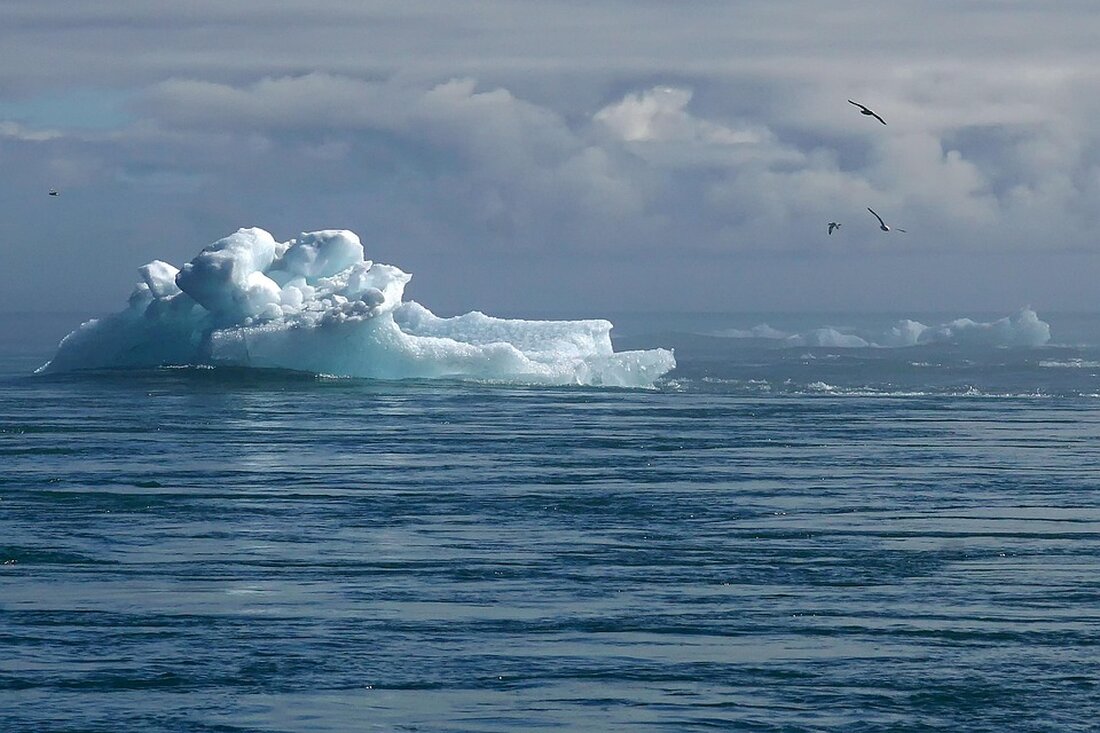Climate change is forcing Tegernsee to adopt new tourism strategies!
In Tegernsee, experts discuss the changes in winter tourism due to climate change and necessary adaptation strategies.

Climate change is forcing Tegernsee to adopt new tourism strategies!
In today's expert discussion on the topic of "Tourism in Climate Change", which was organized at Tegernseer Hof by the Schliersee and Tegernseer Tal Green Party local associations, citizens, scientists and tourism experts discussed the changing framework conditions for tourism in the Alpine region. At this meeting, Ernst Rauch, the chief climatologist at Munich Re, described the worrying forecasts of a temperature increase of up to 2.6 degrees, the increase in hot days and the decreasing number of snow days in Bavaria. Participants warned of the increasing frequency of extreme weather events such as flash floods and the associated challenges for the tourism industry. Loud Mercury Adaptation to climate change is essential, as is reducing greenhouse gas emissions.
Professor Jürgen Schmude from the Bavarian Center for Tourism explained that the winter season will not be lost, but will change significantly. Forecasts indicate that optimal ski days will decrease and the ski season will move from December/January to February/March. By 2050, only three to five ski lifts could be economically viable in Bavaria. The focus must therefore be on climate-neutral snow experiences in order to counteract the challenges of the changing climate.
Challenges in winter tourism
One of the biggest challenges is the decline in natural snow reliability, which is severely affecting winter tourist destinations. Like that Federal Environment Agency As described, extreme weather events often result in greater strain on tourist infrastructure, which drives up maintenance costs. In addition, the water quality is deteriorating, which limits its usability for tourism and also endangers the safety of visitors. Climate change therefore has far-reaching consequences that not only have a lasting impact on nature, but also on the travel behavior of guests.
A positive example in this context are the mountaineering villages, which have optimally adapted to the new weather conditions. Harald Gmeiner, head of tourism at Oberland Regional Development, emphasizes the importance of flexibility in the tourism sector. After the last two years, the region recorded a decrease in the number of day visitors. This is supported by the guest statistics presented by REO, which show a significant decline in the first quarter.
Future prospects and adaptation measures
However, Schmude also sees opportunities in the trend towards outdoor holidays, which could be offered all year round. In order to remain attractive to tourists in the future, the implementation of adaptation measures is crucial. A comprehensive climate information system is being developed that displays climatic changes and shows future climate scenarios. A guideline for destination managers offers strategic approaches to adapting to climatic changes.
Overall, there is an urgent need to both mitigate and adapt to climate change. Tourism accounts for an estimated 5-8% of global greenhouse gas emissions, making it part of the problem but also part of the solution. A coordinated approach that takes into account the ecological advantages and disadvantages, socio-economic aspects and possible obstacles to implementation is essential to reduce vulnerability to the consequences of climate change.

 Suche
Suche
 Mein Konto
Mein Konto